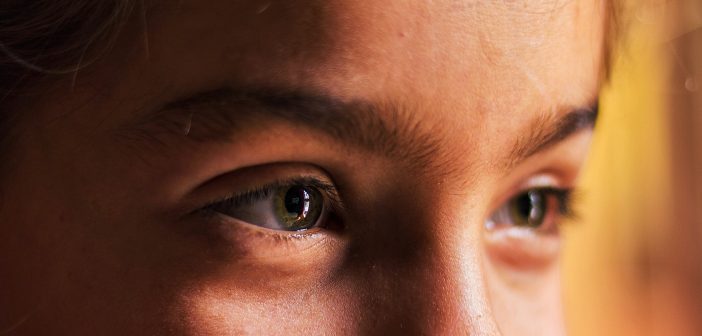A behavioural optometrist is a specialist who is also sometimes referred to as a developmental or paediatric optometrist.
What is the difference between an optometrist and a behavioural optometrist?
An optometrist concentrates on eyesight (what you can you see) while a behavioural optometrist’s speciality is vision (the way you interpret what you see).
According to the Australasian College of Behavioural Optometrists, a behavioural optometrist:
- explores how someone’s eyes work in the distance but also how they work when reading or using various types of technology
- ensures that the focus, movements and teaming of the eyes are working efficiently and have the stamina for everything that you want them to do
- manages amblyopia and strabismus (turned eyes)
- assesses vision processing skills
- provides vision therapy services
- ensures vision development in children is progressing as it should and is not impacting their ability to learn
- assesses and manages the vision issues of children and adults with learning difficulties, dyslexia, ADD, ADHD, Autism Spectrum Disorders, Parkinsons and those with special needs or who are developmentally delayed and those who have had a stroke or head injury
- takes a holistic approach and uses information from teachers and other professionals to understand everything that is of concern to the person
- understands the health of the eye and how your body health impacts eyes.
While an optometrist predominately uses a wall chart to check eyesight, a behavioural optometrist will use a number of different tests and measures to check visual processing.
To help address vision problems a behavioural optometrist may try a number of treatments including lenses, exercises and vision therapy.

What are some signs my child needs to see a behavioural optometrist?
Here are just some of the signs your child could benefit from an assessment by a behavioural optometrist:
- They have trouble concentrating when reading or in the classroom.
- They cover one eye or squint when reading.
- They complain of headaches, sore or tired eyes, blurred vision or double vision.
- They have trouble tracking when reading; they lose their place often or they move their head back and forth, rather than moving their eyes.
- Problems with recalling the information they have read or comprehension declines as reading continues (with fatigue).
- They move their lips when they read.
- They have trouble with ball sports or hand eye-coordination.
- They write on a slant or have irregular letter and/or word spacing.
- They reverse letters or words.
- They re-reread or skip words or lines without realising.
What is the link between behavioural optometry and learning difficulties?
As evidenced by the above list, vision problems can severely interfere with learning. Your child’s teacher may even recommend a review by a behavioural optometrist if they notice some of the above signs as they may be impacting your child’s performance and behaviour in the classroom.
Due to their impact on concentration, vision related learning difficulties can even be mistaken for other disorders such as ADHD.
Vision is actually a skill that can be developed and improved through appropriate treatment. It’s important to note however, that addressing vision problems may only be one aspect of managing more complex learning difficulties.
Do you need a referral to see a behavioural optometrist?
No. You can make an appointment to see a behavioural optometrist, just as you would a normal optometrist.
Aspects of behavioural optometry are also covered by medicare and private health insurance, so check with your service provider for more details.

